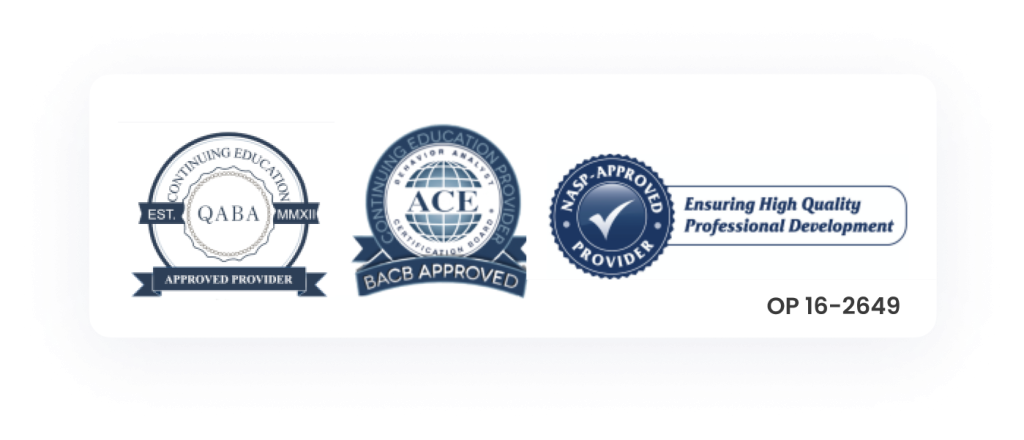This is a text-based course
In recent years, a growing number of professionals, educational districts, and prominent organizations within the field of psychology and education have voiced their endorsement of Applied Behavior Analysis (ABA) as a viable treatment option for Attention-Deficit/Hyperactivity Disorder (ADHD). This widespread recognition underscores the effectiveness and relevance of ABA methodologies in addressing the behavioral challenges associated with ADHD. This comprehensive course will offer an in-depth exploration of research-driven ABA techniques specifically tailored to address the diverse array of behaviors commonly observed in individuals with ADHD. By combining empirical evidence with practical applications, participants will gain a nuanced understanding of how ABA can be strategically employed to foster positive behavioral changes and enhance the overall well-being of individuals grappling with ADHD.



